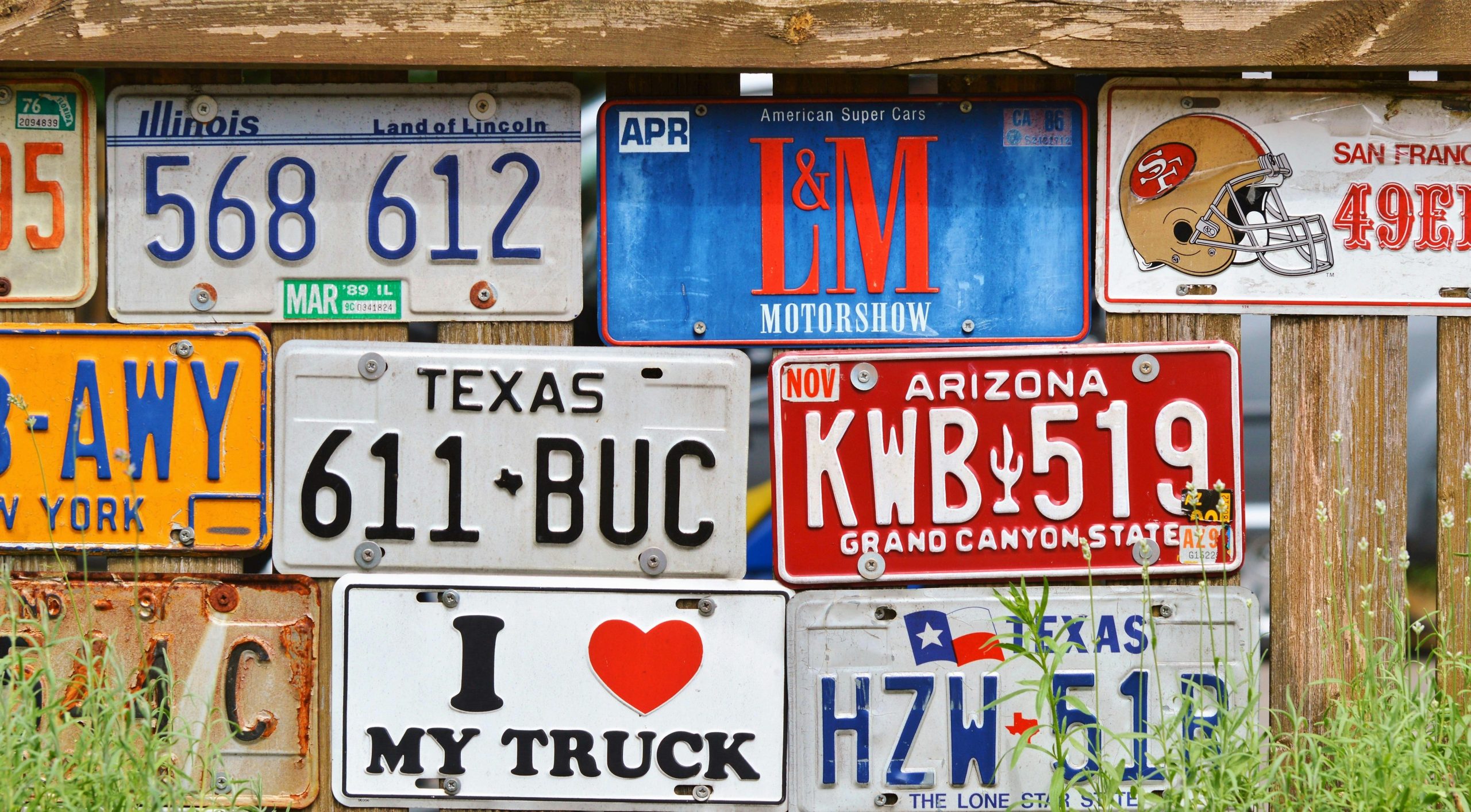Understanding Liability: Why Car Owners Can Be Sued Instead of Drivers
When it comes to lending your vehicle to someone else, there’s an important aspect of liability that car owners need to consider. Often discussed in online forums dedicated to car ownership and accidents, many people are surprised to discover that if someone they lent their car to gets into an accident, the vehicle owner might be held liable. But why does the responsibility fall on the owner rather than the individual driving at the time of the incident, especially when they are uninsured or inadequately insured?
The Concept of Vicarious Liability
The legal principle of vicarious liability plays a significant role in such situations. Essentially, this concept holds car owners responsible for the actions of a person to whom they lent their vehicle. This means that, despite not being behind the wheel, owners can still be sued if the driver is involved in an accident.
Insurance Factors and Liability
Insurance policies are typically tied to the vehicle rather than the individual operating it at any given time. Therefore, if the primary insurance policy tied to the car is insufficient to cover the damages or if there’s no insurance at all, the car’s owner becomes the target for legal action by those affected by the accident.
Why Isn’t the Driver Solely Responsible?
Although it might seem logical for the driver to bear full accountability, the specifics of insurance coverage dictate a broader scope of liability. The law intends to ensure that victims of automobile accidents have an avenue for compensation, and pursuing the owner’s insurance is often the most viable path for that recovery.
In short, while the driver is certainly not absolved of responsibility, the owner bears a significant burden due to their ultimate control over who operates the vehicle.
Precautions Owners Can Take
To safeguard yourself as a car owner, it’s crucial to ensure that you have adequate insurance coverage on your vehicle. Additionally, being selective and cautious about who you allow to drive your car can help mitigate the risks of finding yourself in such a legal predicament.
Ultimately, understanding the dynamics of liability when it comes to car ownership and insurance is essential. It underscores the importance of being well-informed about the implications of lending your vehicle and ensuring proper coverage to protect your interests.




When someone borrows your car and is involved in an accident, questions of liability can indeed be complex and are often governed by the laws of the local jurisdiction. However, a common principle across many legal systems is that the owner of a vehicle can be held responsible primarily due to a doctrine known as “vicarious liability.” This concept holds that the owner of a vehicle can be liable for the actions of the person driving it, particularly if the owner gave them explicit or implicit permission to use the car.
Why the Owner May Be Held Liable
Insurance Coverage: Car insurance generally follows the vehicle rather than the driver. When you lend out your car, your insurance coverage typically covers that vehicle and any drivers you permit to use it. Therefore, if an accident occurs, the claims are typically made against your insurance policy, making you, as the owner, indirectly responsible.
Negligent Entrustment: This legal principle comes into play when an owner lends their car to someone they know, or should have known, is incompetent or unfit to drive safely. If an accident results, the owner can be held liable for negligently entrusting their vehicle to an irresponsible driver.
Financial Responsibility Laws: Many jurisdictions have these laws to ensure that vehicle owners can pay for damages caused by their vehicles, even if they weren’t the ones driving at the time of the accident. This is a way to protect victims of accidents by providing them with an avenue to seek compensation from financially responsible parties.
Practical Advice
Insurance Review: Make sure you are fully aware of what your insurance policy covers, especially concerning other drivers. Confirm whether you have sufficient coverage for both physical damage and liability when someone else is driving your vehicle.
Driver Vetting: Be cautious about who you allow to drive your car. Ensure they have a valid driver’s license and a good driving record. It’s wise to avoid lending your car to someone who is inexperienced or known for reckless driving.
Legal Knowledge: Familiarize yourself with the liability laws in your locality. Understanding your responsibilities and potential liabilities can help you make informed decisions about letting others use your car.
Written Agreement: Although not always practical for every casual use, a written understanding or agreement about who will bear financial responsibility in case of an accident can be beneficial, particularly in more formal lending situations.
Conclusion
Ultimately, the rationale behind an owner potentially being sued rather than or